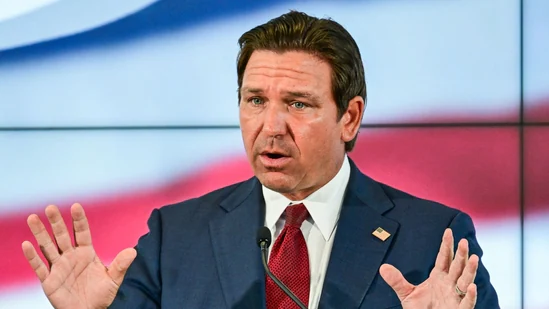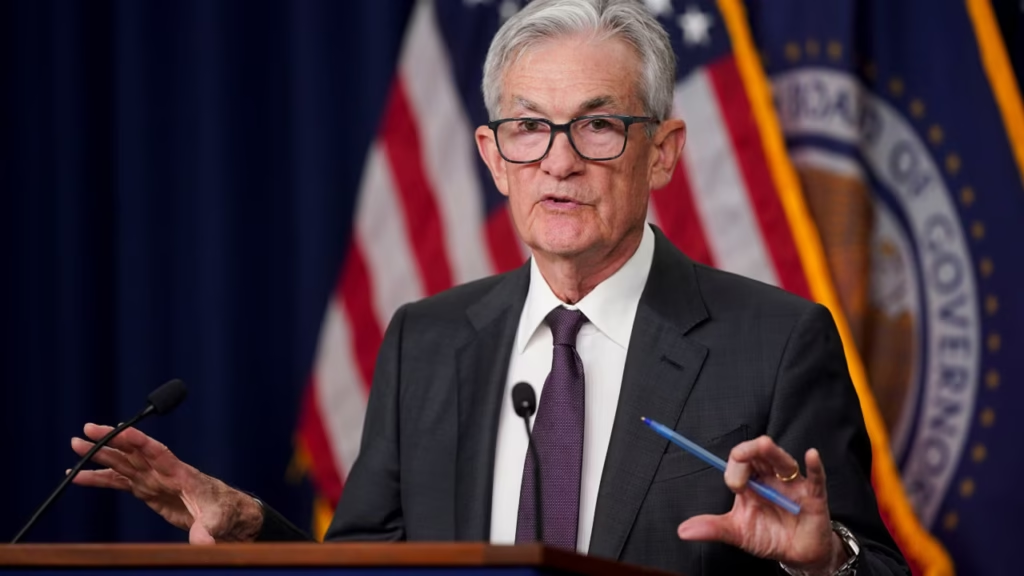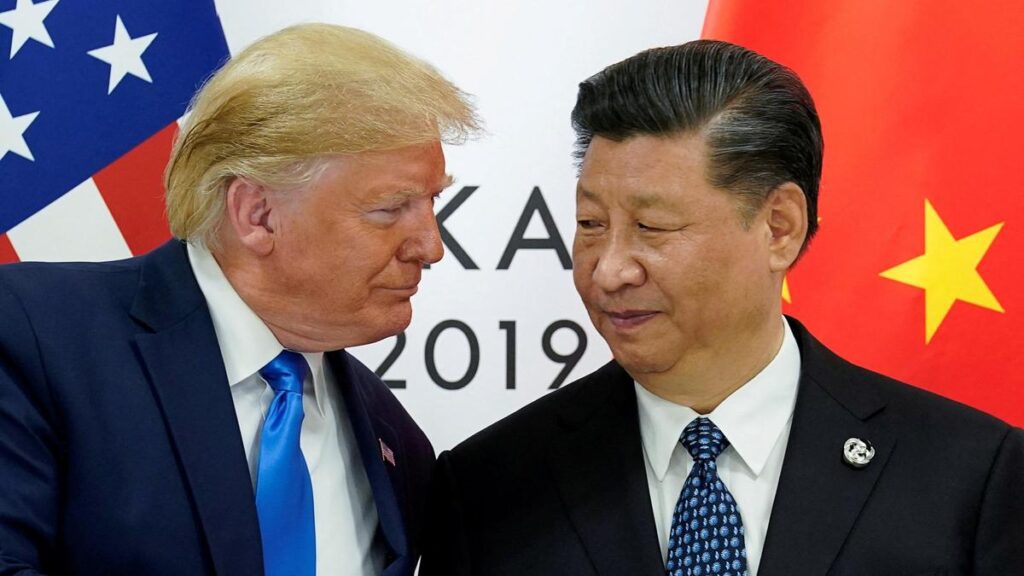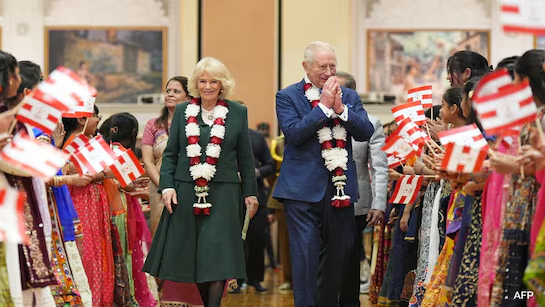Now Reading: Florida bans H-1B hiring in higher education, sparking debate on global talent and academic freedom
-
01
Florida bans H-1B hiring in higher education, sparking debate on global talent and academic freedom
Florida bans H-1B hiring in higher education, sparking debate on global talent and academic freedom

Florida Governor Ron DeSantis has announced a ban on hiring foreign nationals on H-1B visas in the state’s public universities, triggering strong reactions from academic and international communities. The move, positioned as a step to prioritize American workers, has also raised questions about diversity, global collaboration, and the future of international scholars, many of whom come from India and China.
The decision and its reasoning
Governor DeSantis justified the ban by arguing that American universities should focus on employing domestic talent rather than relying on foreign professionals. He questioned why public institutions need to recruit experts from countries like China to teach or conduct research on subjects related to American policy and governance. His statement reflects a broader push for restricting foreign influence within U.S. education and research spaces.
Impact on international scholars
For thousands of Indian and Chinese academics, the ban represents a potential setback. The H-1B visa has long been a gateway for skilled professionals, researchers, and professors seeking opportunities in U.S. universities. Florida’s decision could limit international participation in teaching and research, especially in STEM fields and public policy programs where foreign expertise often plays a critical role.
Academic concerns and reactions
Educators and researchers have expressed concern that this move may weaken the academic ecosystem in Florida. Universities thrive on diversity of thought and global collaboration, and critics argue that shutting out qualified international experts could affect research quality and innovation. Others view the decision as part of a growing nationalist sentiment that prioritizes domestic hiring over global exchange.
Indian perspective and Tier 2 relevance
For aspiring students and scholars in India, especially from smaller cities like Nagpur, Indore, or Coimbatore, the change is significant. Many Indian academics build their careers through research collaborations and teaching roles in the U.S. If more states follow Florida’s approach, international academic mobility may narrow, prompting professionals to look toward countries like Canada, the UK, or Australia for opportunities.
Conclusion
Florida’s H-1B ban in higher education reflects a larger shift in U.S. policy attitudes toward globalization and foreign participation in academia. While it may align with local political goals, it also risks limiting the intellectual diversity that drives innovation. For Indian students and scholars, it’s a reminder to stay flexible, explore varied destinations, and adapt to evolving global education landscapes.
























